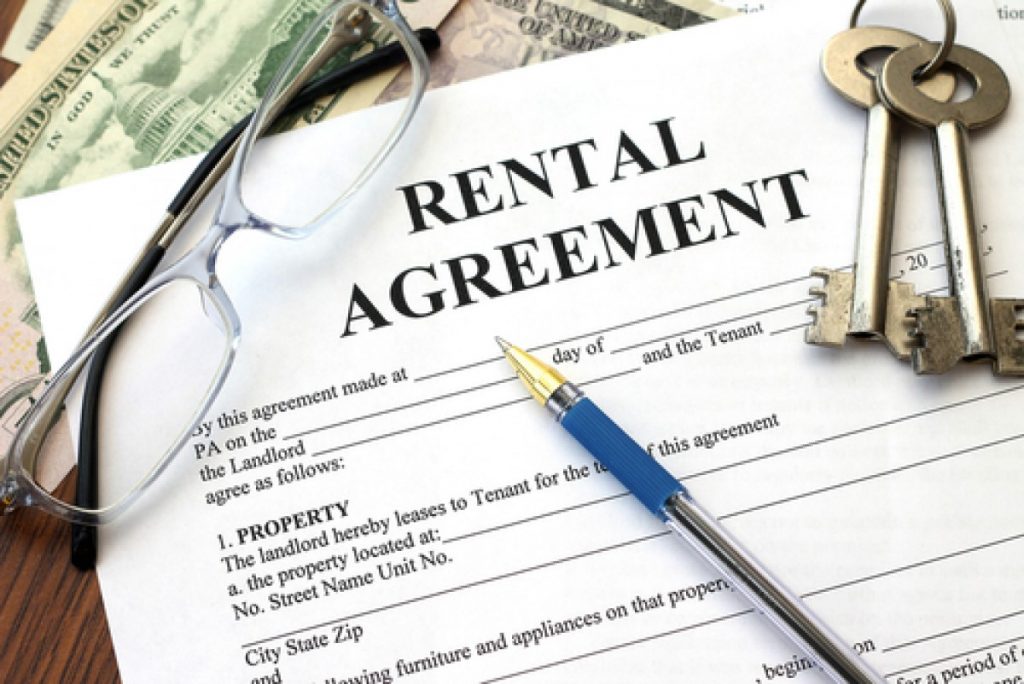
עורך דין אוהד שפק » Rental Contracts » Fair Rental Law


Leave a comment
About us
The Firm specializes in real estate and property tax, as well as commercial litigation and labor law. The Firm represents commercial entities, contractors, entrepreneurs, hedge funds, importers and exporters, associations / non-profits, cooperatives, tenants of urban renewal projects & private clients.
Our offices are located:
Tel Aviv – 13 Yehuda and Noah Mozes St.
Jerusalem – 34 Keren Hayesod St. 9214913
Recent posts
Follow us
The Firm specializes in real estate and property tax, as well as commercial litigation and labor law. The Firm represents commercial entities, contractors, entrepreneurs, hedge funds, importers and exporters, associations / non-profits, cooperatives, tenants of urban renewal projects & private clients.
Our offices are located:
Ramat Gan – 7 Menachem Begin Road (Beit Gibor).
Jerusalem – 34 Keren Hayesod St. 9214913